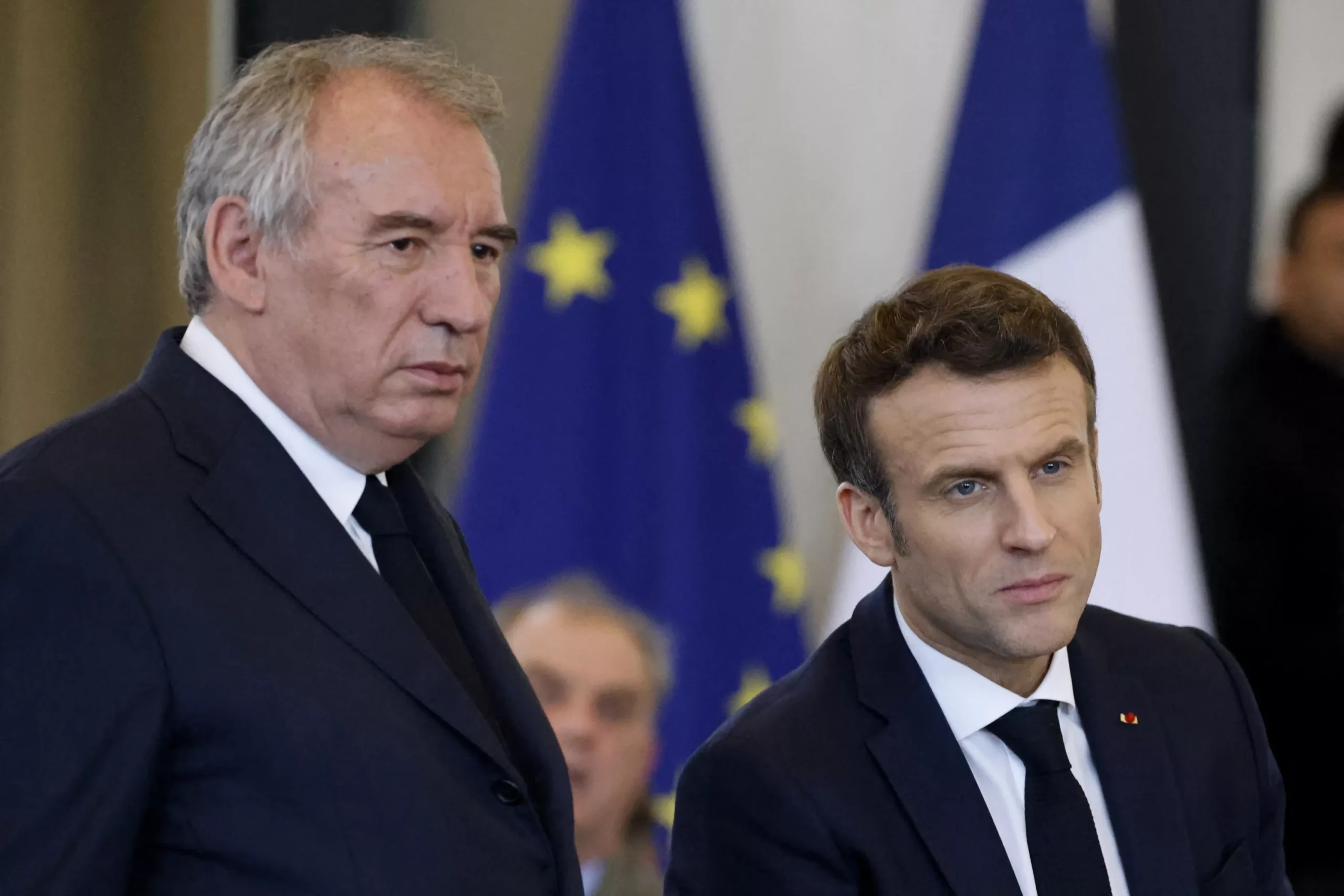Introduction
In 2025, France finds itself entangled in a political and economic quagmire. President Emmanuel Macron, once hailed as a reformist centrist capable of modernizing France, is now navigating through one of the most turbulent phases of his presidency. Following a series of political miscalculations, mounting public debt, and a fragmented parliament, France is teetering on the edge of legislative paralysis. The critical question looms: can Macron govern through the gridlock, or will the Fifth Republic buckle under pressure?
Political Deadlock: A Hung Parliament
Macron’s troubles began in earnest following the snap legislative elections of 2024. Hoping to consolidate his power after European Parliament losses, Macron dissolved the National Assembly, but the gamble backfired. The election produced a deeply divided parliament, with no party or coalition able to secure a governing majority. Macron’s centrist alliance suffered losses, while both the far-right National Rally and the left-wing New Popular Front gained ground.
As reported by AP News and France 24, Macron cycled through prime ministers—initially Michel Barnier, whose austerity agenda failed to gain support, and then François Bayrou, a longtime ally. Bayrou narrowly avoided a no-confidence vote after agreeing to a less austere 2025 budget.
Economic Pressure: Mounting Debt and a Fiscal Warning
France’s economic situation is equally dire. According to GIS Reports, France’s public debt now exceeds 112% of GDP, and the 2024 budget deficit ballooned to 6.1%, far above the European Union’s 3% limit. This fiscal slippage prompted the European Commission to formally warn France to correct its excessive deficit by the end of 2025.
The government’s initial response—austerity via spending cuts—was met with resistance both in parliament and on the streets. Protests reminiscent of the Yellow Vests erupted again, especially in response to pension reforms and welfare cuts. The political backlash forced Macron’s administration to scale back its fiscal ambitions.
Macron’s Balancing Act
Despite the challenges, Macron remains resolute. He has framed his presidency as one of necessary reform, warning that failure to address France’s structural deficits will hurt future generations. However, his top-down approach has alienated both ends of the political spectrum, leaving him without a stable base of support.
Bayrou’s survival in parliament bought Macron some time, but the structural problems persist. The political fragmentation means that every major reform—from energy policy to tax changes—requires fragile cross-party negotiations, making swift governance nearly impossible.
European Ramifications
France’s domestic crisis also weakens its position in Europe. Long seen as a co-leader of the EU alongside Germany, France’s internal paralysis limits its ability to shape EU policy, particularly on defense spending, energy transition, and economic reform.
“France’s legislative gridlock, fiscal slippage, and external risks will continue to threaten the country’s stability,” noted Stratfor Worldview in a February 2025 analysis.
Conclusion
President Macron’s vision for a modern, economically resilient France is under siege from all sides: a fractured parliament, soaring debt, and public discontent. While his administration has managed to survive politically, the structural issues remain unresolved. Unless Macron can forge new coalitions and regain control of the legislative agenda, France may be headed for a deeper governance crisis.



